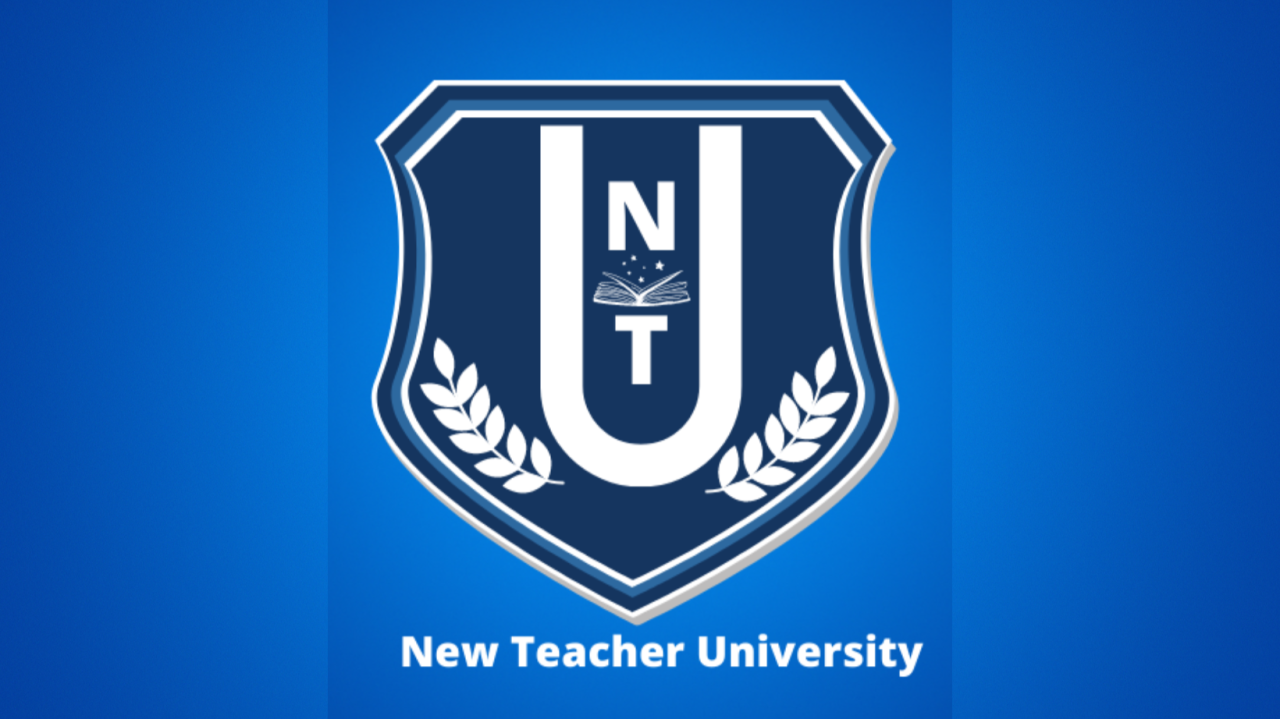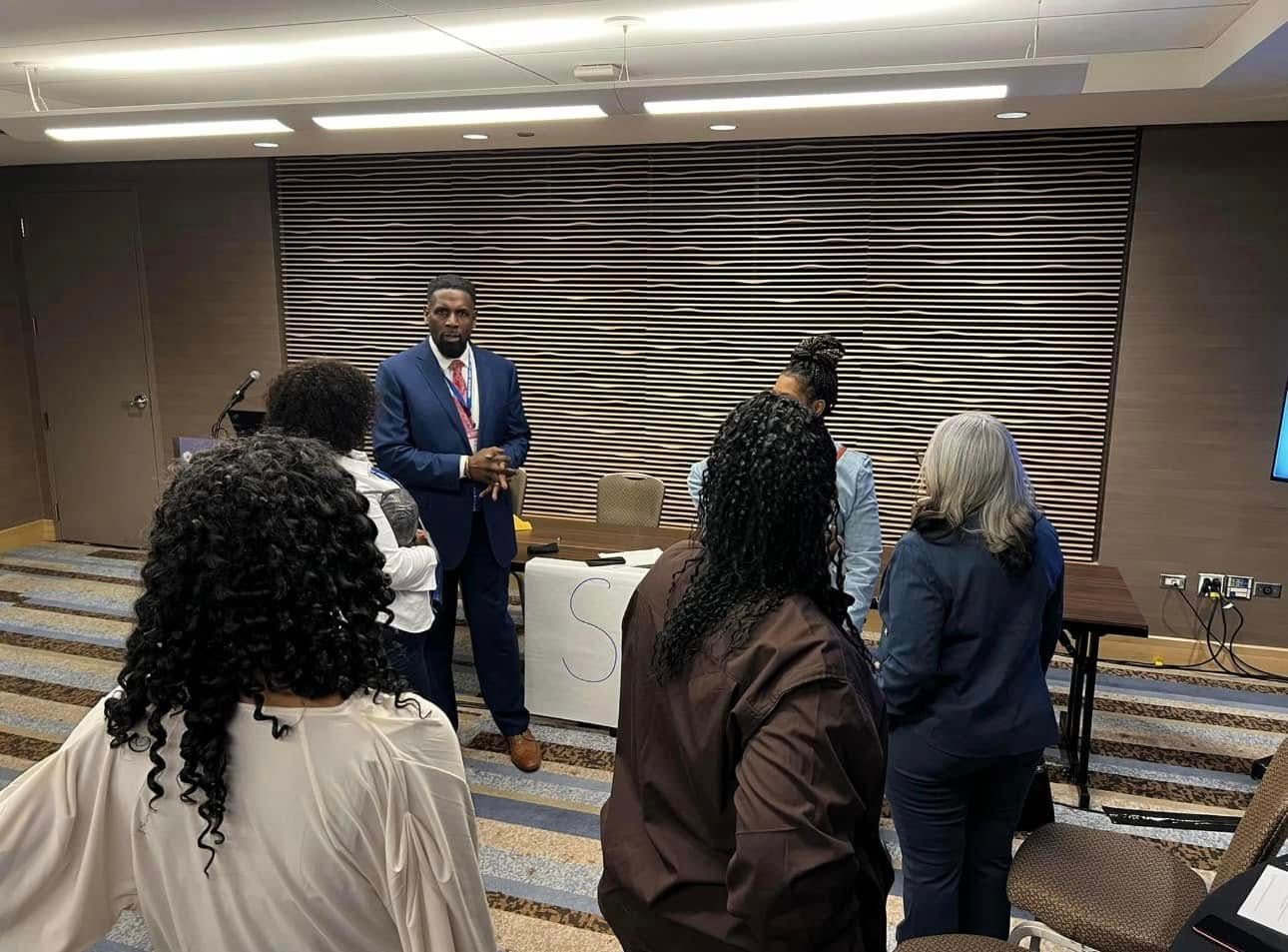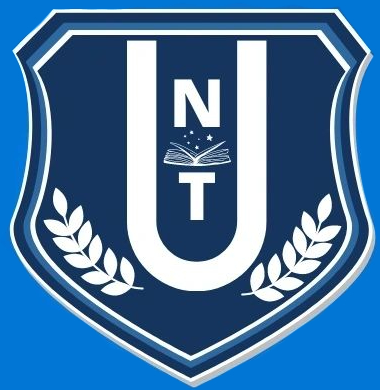Dear New Teacher
Dear New Teacher,
You are about to embark on a new chapter in your life. Thank you for choosing to be a difference maker, role model, and superhero (without a cape). As I progress closer to my retirement from this profession, I have started to reflect on my 20+ years of teaching (from my earlier years of many trials and errors to my present trials and errors). There is one prevalent thought that crosses my mind: “I wish someone told me this in the beginning.” (Mind you, I have had many great mentors throughout my career). These are 3 key factors that I think that will be beneficial for new teachers: 1.) Keep It Simple, 2.) Effective Planning, and 3.) Always Remember to Make Time for Self-Care.
Your first year of teaching will appear hectic and often confusing, full of new policies and procedures to follow. Remember that it is nearly impossible to remember every single rule, policy, and new instructional strategy. Words to the wise: Keep it simple:
- Classroom rules, policies, and Procedures. Simplify your classroom rules, policies, and procedures. Make no more than 3 – 5 classroom rules. Use simple sentences and positive language. This makes it easier for students to follow your rules and procedures. Be consistent. Make attainable goals.
- The Multitude of District Goals and Initiatives. All of the research-based strategies are great, and you may want to try as many as possible in your classroom. Focus on implementing one or two strategies in each lesson. Find the best 2 – 3 strategies for your classroom. As a new teacher, I would advise you to perfect those 2 – 3 strategies. Also, study your data. Your school district will have goals that you must strive to reach for your content area. Do not feel discouraged if your data does not match your goals. Focus on areas where you know that based on the data, you will have the biggest gains. Focus on your areas of growth.
- Pacing Is One of The Most Instrumental Components of Your Instructional Practice. Pacing helps with classroom management and making smooth transitions in instructional shifts. As you plan your lessons, determine the time needed for bell work, teacher-led instruction, whole group instruction, group work, and individual student work. Use a timer and stick to the allotted time for each segment. This establishes a routine and encourages students to focus on the task at hand.
- This leads to another important factor of teaching: Effective Planning. Your best lessons are your well planned lessons. Study your curriculum map. If you do not have a curriculum map for your subject, this means that you will need to create a syllabus with your detailed areas of focus for the school year. As you plan, consider student misconceptions and the focus standards. This leaves room for adjustments. Remember when I mentioned the many trials and errors that come with teaching? As a veteran teacher, I must tell you that this happens practically every day, at any time of the day, but the difference between my approach to my trials and errors from earlier years in this profession to my latter years is my ability to use reflective practice and make adjustments. As I remind you, I must also remind myself that this is a natural occurrence with teaching. Stay positive. Teaching is like life. There will be good days and bad days. The funny thing is that no administrator will see most of your best days but be secure in knowing that your students will see them. You are giving your students your best by planning effectively. Before you walk into your classroom to teach your lesson, make sure that you are the expert in the room. Study your curriculum map, know the focus standards, consider student misconceptions, use effective instructional strategies, and properly pace your lessons to ensure student engagement and management of time.
- Understand that the teaching profession has a high turnover rate. The only way to survive in this profession that we love so much is to learn to take time out for yourself. Find a mentor or trusted confidante to confide in. Give yourself time to share your thoughts: moments of frustration and celebrate your wins. Remember to use this time of expression to focus on positive, constructive communication. One rule of thumb that I follow is to make an agreement with your confidante that once we release a point of negativity or frustration, we drop it. We will no longer linger on it or make it a focal point of our conversations. Make sure that you have friends who remind you that complaining is not effective. Be careful about becoming enthralled in negative conversations. It is very easy in this profession. Step away from persistent negativity because negativity breeds negativity.
- Another important factor in self care is to make time for you. Take time to do the things that you enjoy doing. We cannot spend all day grading papers. Practice yoga or exercise daily. One last thing, be kind to yourself. You are great. You are doing your best and your students will appreciate you for it. Do not spend too much time thinking about what you should have done with that lesson. Celebrate your wins everyday (no matter how small). Dust yourself off. Look in the mirror and smile. Make your adjustments. Do not give up. We need you.
Educationally Yours,
L. Pegues




